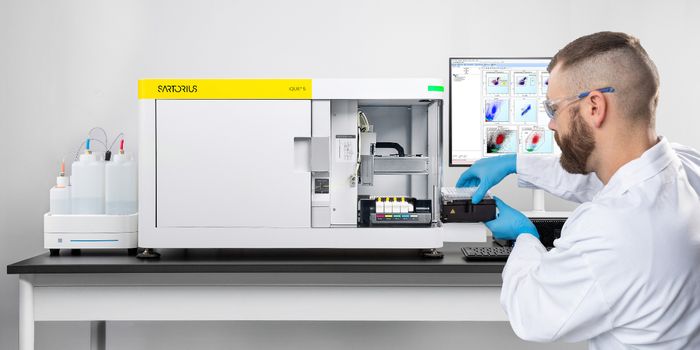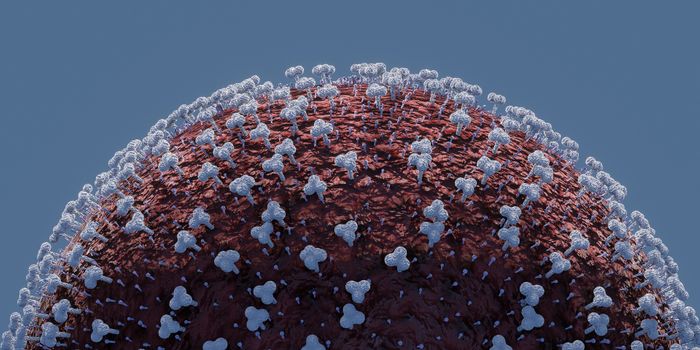Genetic Similarities between Human and Canine Cancers: What Can We Learn from Man's Best Friend?
Dogs can develop various types of cancer, including melanomas, lymphomas, and sarcomas. In fact, canine cancer occurs in most sites where human cancer arises. One in three dogs will develop cancer and, on a personal note, my family has dealt with heartbreaking cancer diagnoses in our pets.
Research has documented notable similarities between naturally occurring canine and human cancers. Veterinarians have researched canine cancer using pets who develop cancer, but many of these studies lack significant canine patients to generate conclusive data applicable to human translation.
In an effort to better understand the similarities between human and canine cancers, a team of researchers conducted a large-scale study including nearly 700 pet dogs. The researchers recently published their findings in Cell Reports.
The study included 671 dogs belonging to 96 breeds (including mixed breed dogs). The dogs in the study developed 23 different types of cancer. Notably, the study included dogs with cancers that veterinarians know little about, such as anal sac and neuroendocrine carcinomas in which genetic profiling remains unknown, and thyroid and hepatocellular carcinomas.
The study used next-generation sequencing (NGS), a high-throughput technique that determines the specific nucleotide sequences of the genome. The researchers developed a panel that screened the canine DNA for 59 genes commonly mutated in human cancer. The gene panel included proto-oncogenes and tumor suppressor genes, which regulate normal cell growth and division. Mutations in these genes can result in uncontrolled cell growth and division, leading to cancer.
The researchers identified mutations in the examined genes and compared them to the genetic variation already known in equivalent human cancers. The study reported 18 mutational hotspots, nucleotides with very high mutation frequencies. Comparison to human data revealed that eight hotspots identified corresponded to hotspots previously reported in human cancer.
The most common mutation occurred in the tumor suppressor gene TP53. Similarly, about 50% of human cancers express a similar mutation in the TP53 gene. Other genes commonly mutated in human cancer, including PIK3CA, KRAS, and BRAF, developed hotspots in the canine cohort. Importantly, the large number of dogs included in the study allowed the researchers to identify common hotspots associated with a particular cancer type.
The results of this study demonstrate that human and canine cancers have a significant number of shared mutations. These findings emphasize that naturally occurring canine cancers provide an outstanding model for studying therapies targeting these common genetic mutations.
Increasing the number of canine clinical trials and boosting awareness of available outlets for canine cancer research would give access to more pet owners dealing with cancer diagnoses in their furry family members. Canine clinical trials could likely make an impact in advancing cancer research and developing new drugs to treat human patients.
Sources: Veterinary J, Annu Rev Anim Biosci, Cell Reports, Mutat Res, Cancers









